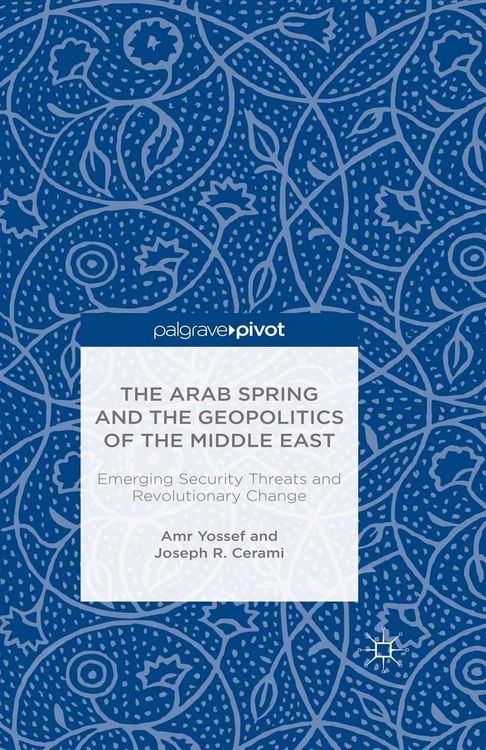
The Arab Spring and the Geopolitics of the Middle East: Emerging Security Threats and Revolutionary Change
74,89 €
inkl. MwStBeschreibung
Details
Format
Kopierschutz
Nein
Family Sharing
Nein
Text-to-Speech
Nein
Erscheinungsdatum
01.10.2015
Verlag
Palgrave Macmillan UKSeitenzahl
96 (Printausgabe)
Dateigröße
2086 KB
Auflage
1st ed. 2015
Sprache
Englisch
EAN
9781137504081
Unsere Kundinnen und Kunden meinen
Verfassen Sie die erste Bewertung zu diesem Artikel
Helfen Sie anderen Kund*innen durch Ihre Meinung
Kurze Frage zu unserer Seite
Vielen Dank für dein Feedback
Wir nutzen dein Feedback, um unsere Produktseiten zu verbessern. Bitte habe Verständnis, dass wir dir keine Rückmeldung geben können. Falls du Kontakt mit uns aufnehmen möchtest, kannst du dich aber gerne an unseren Kund*innenservice wenden.
zum Kundenservice